Antibiotics are life-saving medicines, but they often disrupt your gut’s natural balance. When antibiotics kill harmful bacteria, they also eliminate beneficial ones that protect the digestive system, immune system, and overall mood.
To heal the gut after antibiotics , you need to restore those good microbes and strengthen your gut lining through the right foods, probiotics, and lifestyle habits. A well-repaired gut helps you digest food properly, fight infections, and maintain overall health.
Why Antibiotics Affect Gut Health
Antibiotics kill bad bacteria. But they also kill good ones in your intestines. That means your gut microbiome (the community of microbes in your gut) gets weakened. When those helpers are low, digestion, immune function, and your well-being suffer.
How do Antibiotics Kill Both Harmful And Beneficial Bacteria?
Antibiotics do not distinguish. When you take them, they attack many bacteria indiscriminately. Some beneficial bacteria die off. This reduces diversity and the number of “good” microbes. That loss is why your gut feels disrupted.
Signs Your Gut Microbiome May Be Out Of Balance
Your gut may signal trouble. You may get bloated, excessive gas, diarrhea, constipation, or loose stools. You may feel tired, foggy mental state, or notice food intolerances. These signs often show time period to heal the gut after antibiotics is uncertain; your body gives clues that you need repair.
Why Gut Recovery Matters For Long-Term Health
A healthy gut protects you. It helps make vitamins, breaks down food, fights off pathogens (bad germs), and supports immunity. If you skip recovery, you risk developing recurring infections, inflammation, nutrient deficiencies, and an increased risk of chronic disease.
The Connection Between Gut Bacteria, Digestion, And Immunity
Good microbes help digest fibers into short-chain fatty acids (which feed cells). They prevent harmful bacteria from taking over. They train your immune cells to respond well. When you lose them, digestion becomes inefficient and immunity weaker.
How to Restore Gut Health After Antibiotics
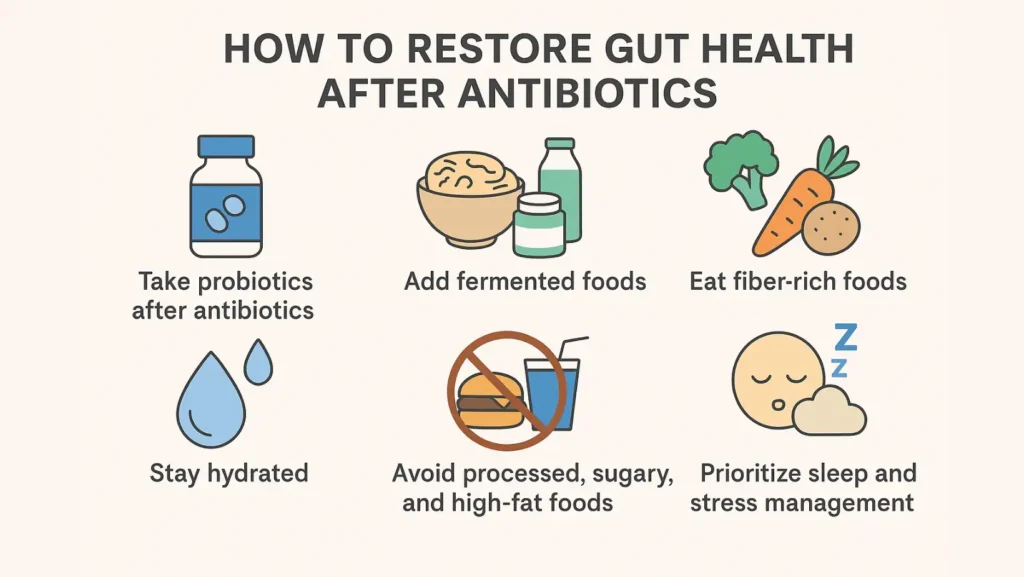
You want a step-by-step plan. Here is how to restore gut health after antibiotics in practice.
Take Probiotics After Antibiotics (Timing And Dosage Tips)
You should begin probiotics after antibiotics finish (or often as they finish). Wait two hours after your last antibiotic dose to reduce conflict. Choose a product with multiple strains (Lactobacillus, Bifidobacterium) and billions of colony-forming units (CFU). Begin with a moderate dose and continue for 4 to 8 weeks. If you get discomfort, lower the dose until your gut adjusts.
Add Fermented Foods Like Yogurt, Kefir, Kimchi, And Sauerkraut
Eat plain yogurt (no sugar), kefir, kimchi, and sauerkraut daily if tolerated. Start with a spoonful. The live microbes in these foods help reseed your gut. Over a week, increase to a small bowl. This natural method supports healing the gut after antibiotics without heavy supplements.
Eat Fiber-Rich Foods That Feed Healthy Gut Bacteria
Fiber is food for beneficial microbes. Eat whole grains, beans, lentils, vegetables, and fruits. These fibers help bacteria multiply. Think of fiber like fertilizer for your gut. Aim for a variety; each plant food type feeds different microbes. This is core to post-antibiotic gut health tips .
Stay Hydrated To Support Bacterial Growth And Detoxification
Drink water throughout the day. Include soups, herbal teas, water-rich fruits (melons, cucumber). Hydration helps transport nutrients, manage waste, and maintain gut lining integrity.
Avoid Processed, Sugary, And High-Fat Foods During Recovery
Sugary snacks, soda, and fried meals feed harmful bacteria and yeast. Avoid highly processed foods. Those foods slow recovery and worsen the imbalance. Removing them helps you heal your gut after antibiotics faster.
Prioritize Sleep And Stress Management For Microbiome Repair
Poor sleep and chronic stress harm gut bacteria.
- Aim for 7–8 hours of sleep regularly.
- Use relaxation methods: deep breathing, gentle exercise, and short walks.
- Lower stress to let your gut repair.
You can’t expect to heal your gut after antibiotics if you stay overly stressed.
Best Probiotics After Antibiotics: What to Know
Let’s dig deeper into probiotic use. You need to pick well, not pick any random brand.
Why Probiotics Are Essential For Rebuilding Gut Flora
When your natural microbes are low, probiotics supply beneficial bacteria. They reduce side effects like antibiotic-associated diarrhea. They jumpstart your gut rebuilding process.
Key Strains That Aid Recovery (Lactobacillus, Bifidobacterium)
Look for Lactobacillus acidophilus , Lactobacillus rhamnosus , Bifidobacterium longum , and Bifidobacterium breve . Some mixtures include Saccharomyces boulardii (a beneficial yeast) to prevent diarrhea. These strains have evidence in restoring balance.
How to Choose the Right Probiotic Supplement
Read the label: identify strains and CFU count. Prefer a brand that lists exact strains. Avoid vague labels like “proprietary blend.” Choose a shelf-stable or refrigerated formula as needed. Check expiry date. If you have a health condition, ask a doctor.
When to Start And How Long to Continue Probiotics After Antibiotics
Begin when your last antibiotic dose is done or at least two hours apart. Continue for 4–8 weeks minimum. Some people keep a maintenance dose long term. Monitor symptoms; if you improve, you may taper down but not stop completely if your diet stays weak.
Foods to Eat After Antibiotics for a Healthy Gut
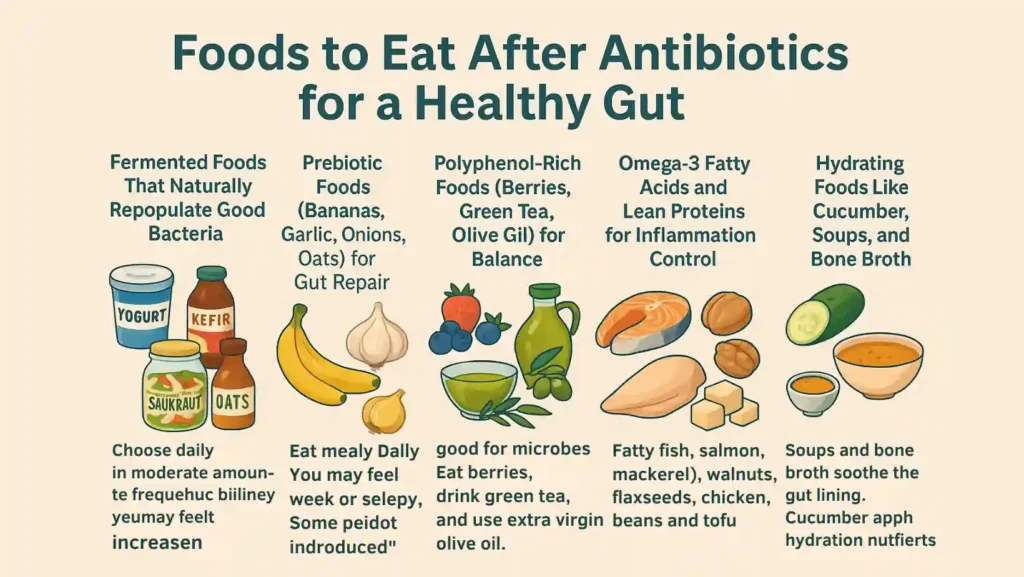
You want to pick foods that actively help your gut rebuild. These are your daily helpers.
Fermented Foods That Naturally Repopulate Good Bacteria
Already mentioned yogurt, kefir, kimchi, sauerkraut, and kombucha. Eat them daily in moderate amounts. These foods support a healthy gut after antibiotics by delivering live microbes.
Prebiotic Foods (Bananas, Garlic, Onions, Oats) for Gut Repair
Prebiotics are fibers that bacteria feed on. Bananas (slightly green), garlic, onions, leeks, oats, and asparagus are good. Eat them daily. They help the microbes you introduced thrive.
Polyphenol-Rich Foods (Berries, Green Tea, Olive Oil) for Balance
Polyphenols are plant compounds good for microbes. Eat berries, drink green tea, and use extra virgin olive oil. They support the growth of helpful bacteria.
Omega-3 Fatty Acids and Lean Proteins for Inflammation Control
Include fatty fish (salmon, mackerel), walnuts, and flaxseeds for omega-3. Eat lean proteins like chicken, beans, and tofu. They help reduce inflammation while fueling repair.
Hydrating Foods Like Cucumber, Soups, and Bone Broth
Soups and bone broth soothe the gut lining (the inner wall). Cucumbers, watermelon add hydration and gentle nutrients. These foods support repair alongside your core diet.
How Long Does It Take to Heal the Gut After Antibiotics?
Average Recovery Timeline for Gut Microbiome Restoration
Often, some recovery happens in weeks. A fair portion returns within a month. But a full balance might take 2 to 3 months or more. In some cases, six months. It depends.
Factors That Affect Recovery (Age, Diet, Antibiotic Type)
Younger people recover faster. If you ate a poor diet already, recovery is slower. Strong, broad-spectrum antibiotics cause more damage. Your stress, sleep, and habits also matter.
Signs Your Gut Is Healing — And When to Seek Help
You’ll feel less bloated, stool becomes regular, energy returns, and fewer food sensitivities. If after six to eight weeks nothing changes, or symptoms worsen, seek medical help.
How Consistent Habits Can Shorten Healing Time
Daily intake of probiotics, fermented foods, fiber, sleep, hydration, and stress control. All these daily habits accelerate recovery. Minor daily wins add up.
Post-Antibiotic Gut Health Tips for Long-Term Balance
After you begin to recover, these tips help you keep your gut strong.
Eat a Variety of Whole, Plant-Based Foods
Don’t stick to one vegetable or grain. Rotate greens, legumes, fruits, and whole grains. Diversity in diet promotes diversity of microbes. This is a core post-antibiotic gut health tips rule.
Avoid Frequent Unnecessary Antibiotic Use
Only use antibiotics when truly needed. Do not ask for them for viruses (like colds). Every unnecessary dose damages your microbiome further.
Exercise Regularly to Promote Bacterial Diversity
Daily movement, such as walking, cycling, and yoga, encourages diversity of gut microbes. Exercise helps circulation and the gut environment.
Practice Mindful Eating and Manage Stress
Eat slowly. Chew well. Don’t rush meals. Reduce stress through breathing, meditation, and nature. These small changes help you heal your gut after antibiotics long-term.
Consider Periodic Probiotic and Prebiotic Foods
Always keep fermented and prebiotic foods in your diet. Use different strains, different fibers. Use them periodically instead of a one-time fix.
When to See a Doctor or Nutritionist
You may think you can fix it all yourself. But sometimes you need help.
Persistent Bloating, Constipation, or Digestive Distress
If severe or lasting more than two months, talk to a professional. You may need stool tests or imaging.
Signs of Antibiotic-Associated Diarrhea
If diarrhea is watery, frequent, has blood, or comes with fever, see a doctor now. These may be signs of Clostridioides difficile infection.
Unexplained Fatigue or Weakened Immunity
If you feel drained or get infections easily, gut issues may be part of the cause. A nutritionist or physician can help test and guide.
Chronic Gut Issues Requiring Medical Evaluation
If you already have IBS (irritable bowel syndrome), IBD (inflammatory bowel disease), or other gut diseases, consult your gastroenterologist. You need tailored care.
FAQs
Can Antibiotics Make You Constipated?
Yes. Antibiotics disrupt the balance of microbes, which can slow bowel movement and cause constipation. If this persists for more than a week, increase fiber, water, and gentle activity.
Can I Take Probiotics While on Antibiotics?
You can. Just take your probiotic two hours apart from antibiotics. This reduces the risk that the antibiotic kills the probiotic. Some evidence supports early use during therapy.
What Foods Repair Gut Bacteria Fastest?
Fermented foods like yogurt or kimchi and high-fiber foods like beans, oats, and fruits help the fastest. Use them daily. Their consistent use supports a healthy gut after antibiotics.
Can Gut Damage From Antibiotics Be Permanent?
In most people, damage is not permanent. Your gut can rebuild given time, proper diet, and supplements. But repeated heavy antibiotic use may cause long-term shifts that are harder to reverse.
Should I Avoid Dairy Or Coffee During Gut Recovery?
You do not have to avoid all dairy unless it bothers you. Plain yogurt is helpful. Coffee can irritate some folks. If it causes discomfort, reduce your intake until your gut heals.


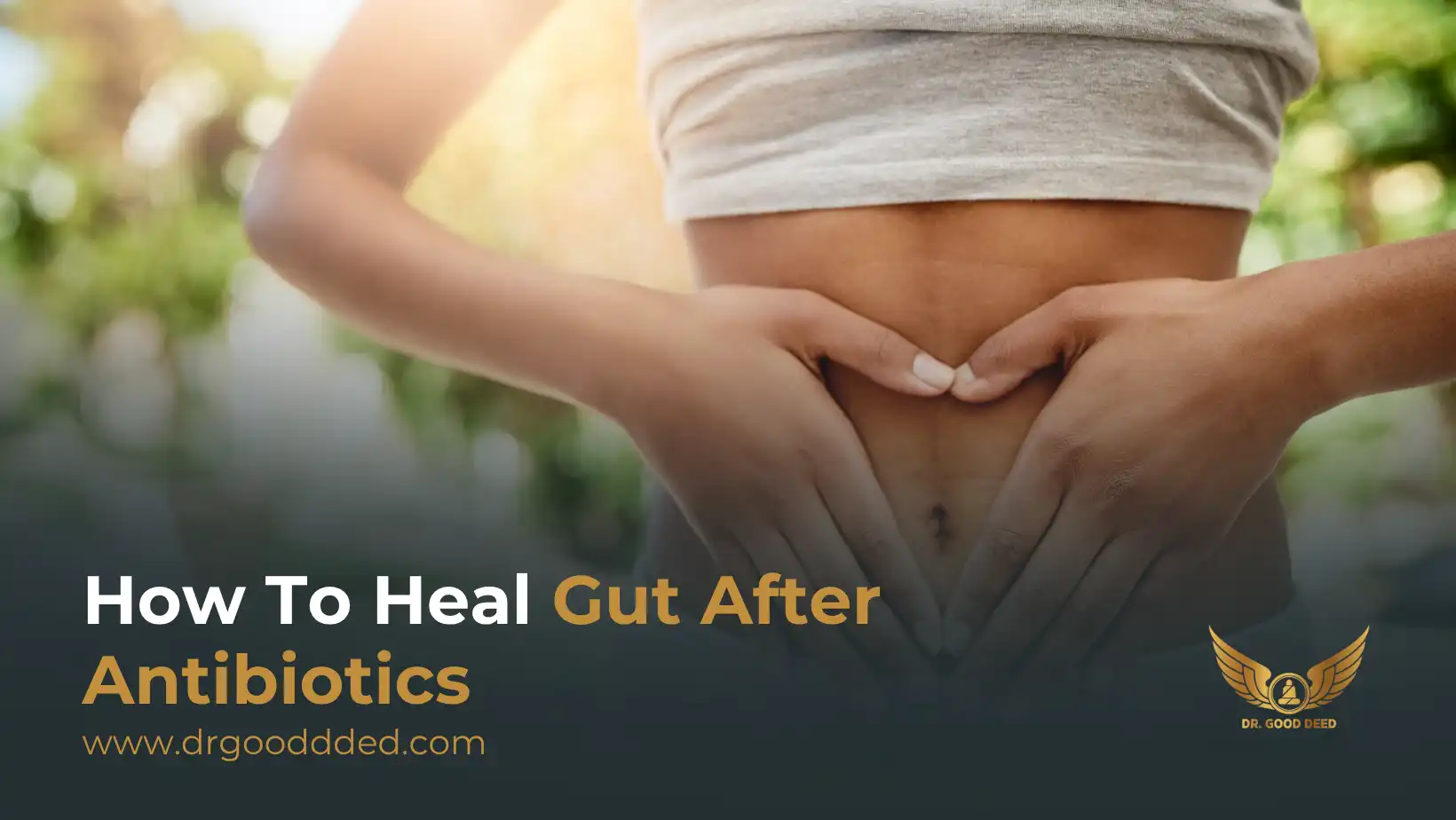
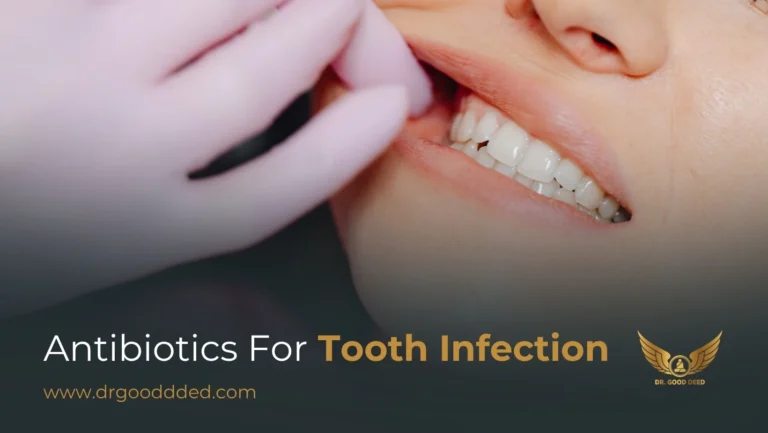
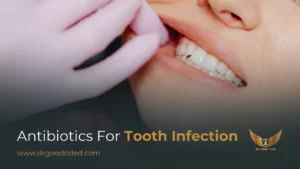
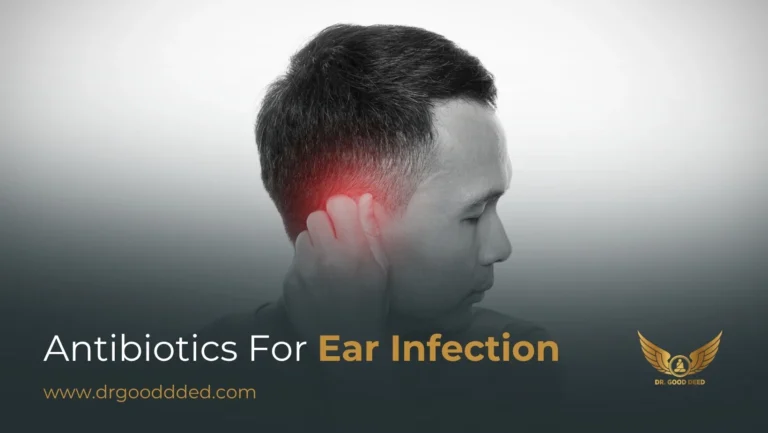
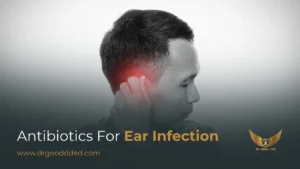
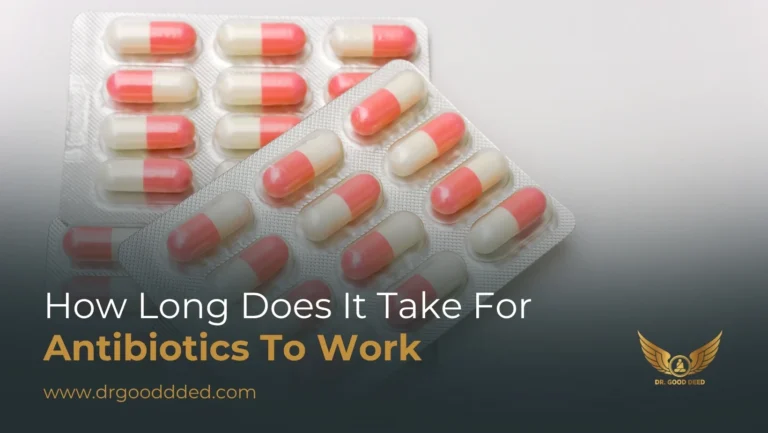
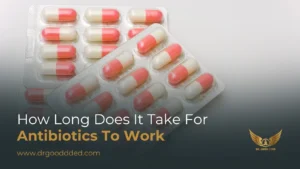
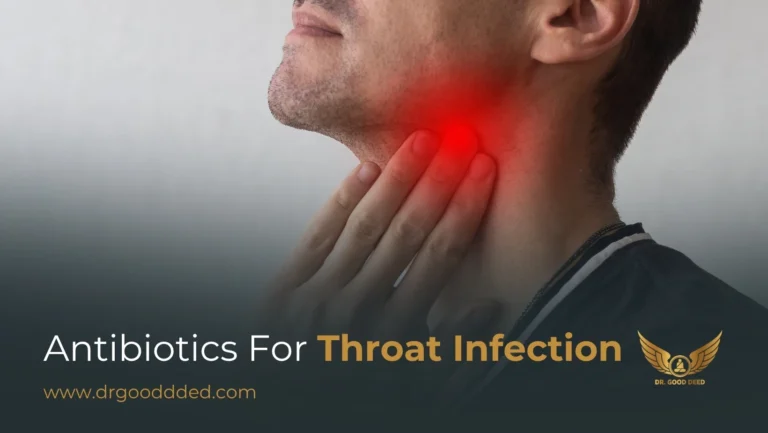
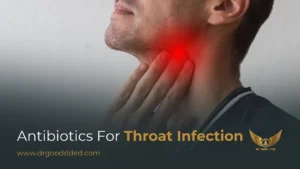


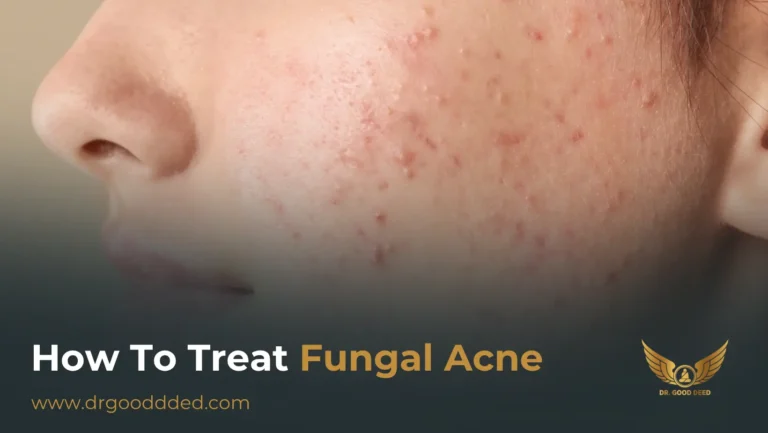

Leave a Comment